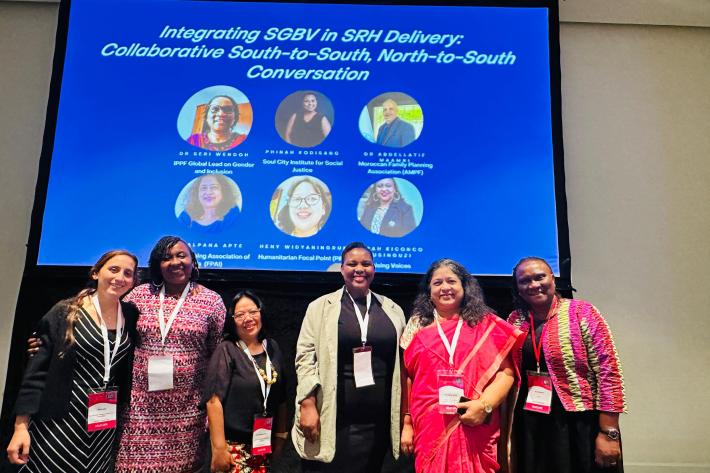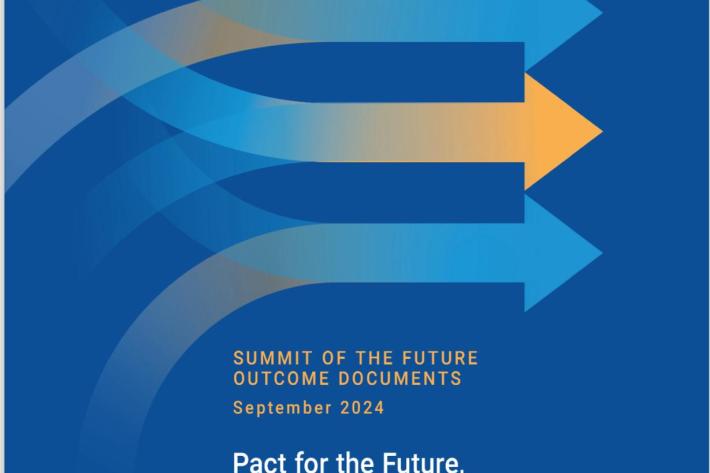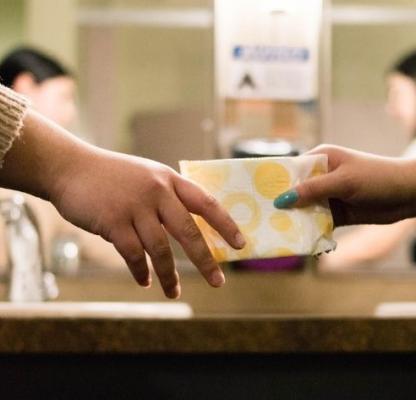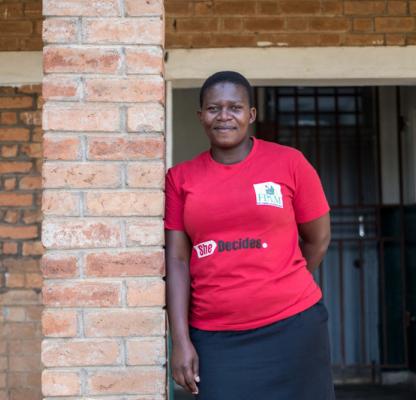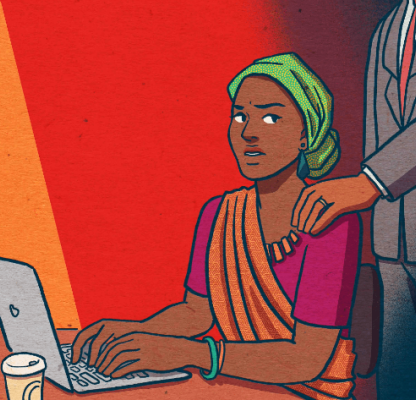
Latest Blogs
A selection of blogs from across the Federation

The Battle of Reframing: How anti-choice groups manipulate language to try to control the narrative
Reframing is one of the most powerful tools we have. Anti-choice movements have nefariously hijacked terms like “life” and “choice,” but we must reclaim them with accuracy and power.
02 September 2021
Trichomoniasis is a sexually transmitted infection (STI) caused by a tiny parasite called trichomonas vaginalis (TV) and infects the vagina and urethra.
02 September 2021
Pubic lice are very small, crab-like parasitic insects which live on the pubic hair and survive on human blood.
02 September 2021
Syphilis is caused by a bacteria called treponema pallidum and is easily passed from one person to another through unprotected vaginal, anal or oral sex or sharing sex toys.
02 September 2021
Genital warts are caused by the human papillomavirus (HPV) and are small growths or bumps that appear on or around the genital or anal area.
02 September 2021
HIV is a virus that damages the body’s immune system so it cannot fight off infections.
25 May 2021
Myths, misconceptions and misinformation about periods feed into stigma which can be hugely damaging for many girls, women and people who menstruate around the world.
15 March 2021
1 in 3 women globally experience violence across the course of their lives – that’s around 736 million women who suffer physical, mental and/or sexual violence from an intimate partner or non-partner.
18 January 2021
“People think many things of sex workers.
24 November 2020
This year, we are putting the spotlight on the links between gender-based violence and the world of work. This could mean the violence and harassment women face while working, or on their way to/from work, or the harm they face at home which has an impact on their working lives.
22 November 2019
Once again, we are proud to stand with organizations around the world to highlight 16 Days of Activism Against Gender-Based Violence, which runs annually from 25 November to 10 December. Yet, we are obviously disappointed that we need to – and we hope that one day we never have to mark it again.













